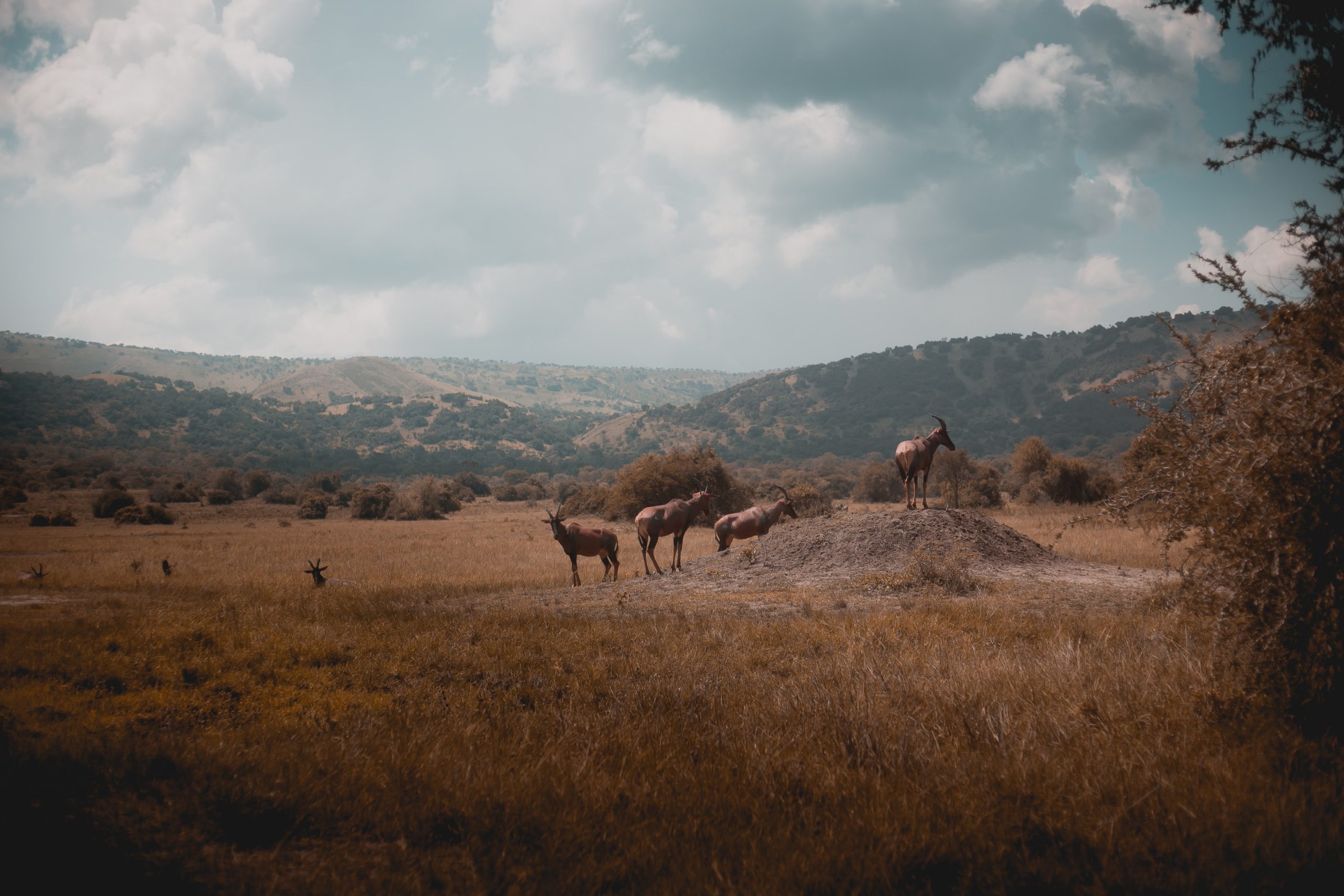Two personal stories offer an insight into the reality on the ground of the lives and welfare of asylum seekers and refugees in Rwanda. In May 2021 the government of Rwanda and UNHRC unveiled its policy on inclusion for migrants. The policy is a model for the continent of Africa and on the 27th January the President of Rwanda Paul Kagame took part in the Africa Europe Foundation dialogue on migration. His remarks on that occasion highlighted the approach that the Government of Rwanda has been taking more generally to this issue over a number of years. Part of the reason Rwanda leads in this area is tied to is own troubled history and part of the reason its policies are working is because they are based on giving refugees independence. Elysee and Anelique’s stories are the two sides of this reality.
Elysee is now 29 years old, he was 4 years old during the Rwandan genocide when close to 1,000,000 Tutsi were murdered in the space of four months. He now works with children in refugee camps who have escaped from violence in Burundi. He told his story to Save the Children. After University he went to work for Save the Children, his life shaped by his survival: “Everyone remembers what happened, and what they went through. They saw neighbours killing neighbours. What happened – I don’t know the words to use – it was horrific. When I was a child, they told us people were looking for us – people who had machetes and were killing us. One of my brothers fled while we were hiding and we didn’t see him again. In the midst of those horrors people lose dignity, they lose hope and they don’t think about the future – they are always afraid of what will happen. When I hear people talking about division, when they start to divide others into those groups [Hutus and Tutsis], I’m afraid of what will follow. The good thing is that today those who killed others are working for pardons and those who are victims are trying to forgive.”
He now works full time in Mahama refugee camp. “When the refugees were coming in, there were only very sad stories. I saw children who were starving, who were crying, who were dead. But now, I go into the field and see the impact of what has been done – seeing children happy, playing.”
Elysee’s story is the story of many in Rwanda who support refugees and asylum seekers, supported by their government. On the other side one of the key things that refugees want is summed up by Anelique Rusaku: “I was just hoping for something to allow me to put food on the table and push through life.” With the $150 dollars she had managed to bring with her when she fled Congo for Rwanda, Angelique, started a small grocery store. She was then supported by the African Entrepreneur Collective with a 6-month training and consulting program “to learn better financial management and inventory tracking”. But she is honest: she went to AEC because they were the only organisation giving loans to refugees. With that loan she built her first shop and purchased a small plot of land: “As a wife and mother, being self-reliant and financially independent allows me to better plan for the future of my family. I couldn’t be prouder to be at a stage where I can afford what I want without being a burden or relying on the refugee monthly stipend.”
The policy of financial inclusion implemented by the government of Rwanda and UNHCR allowed her to own this business and achieve self-sufficiency. When she has maintained this independence for five years, she can, if she wishes, apply for citizenship in Rwanda. This substantiates President Kagame’s argument that the key to the long-term resolution of the migration crisis is building the economic capacity of refugees in Africa so that they can stay on their own continent. Though his government has been heavily criticised for its record on human rights and freedom of expression, its refugee policy is a public policy success story that is characterised by the making and the keeping of promises. In 2016 the government made four commitments to refugees on jobs, identity cards, access to education and health and it has made good on all these commitments. In 2019 it made a further eight promises in these areas and in areas around energy, the environment and statelessness. It is, according to UNHCR, making progress on all of these commitments as well. It has also agreed to take asylum seekers from other places in Africa like Libya and as far away as Afghanistan. These new arrivals join long established refugee populations from neighbouring Burundi and the Democratic Republic of Congo. The overall policy of Rwanda has been praised by key figures in UNHCR and the European Commission but what does it mean at a human level? It means that those who survived genocide can now play a role in helping others and those who have fled violence can build a new life.



 Bitcoin
Bitcoin  Ethereum
Ethereum  Tether
Tether  XRP
XRP  Solana
Solana  USDC
USDC  TRON
TRON  Lido Staked Ether
Lido Staked Ether  Cardano
Cardano  Avalanche
Avalanche  Toncoin
Toncoin